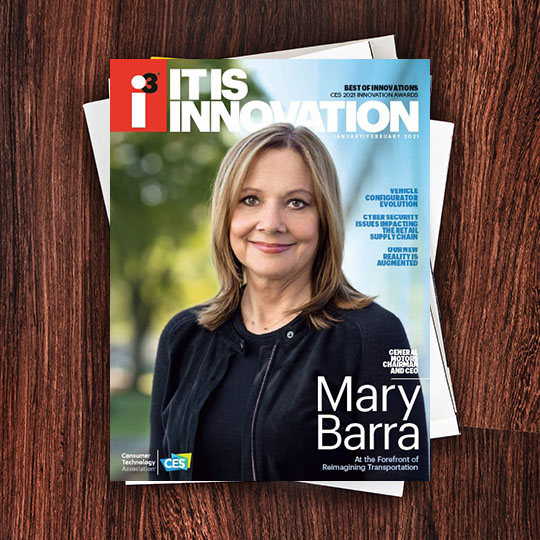Business Process Automation: The use of technology to carry out tasks without manual input can maximize resources, minimize costs and streamline operations. An array of tools can help automate common and repetitive tasks, and more rapidly accomplish objectives by offloading them to speedy computerized helpers.
Workflow Optimization: The simplification of routine business processes to enhance their user-friendliness, lower the learning curve and reduce time spent engaging in them. Many tech tools can perform in a single step what used to take several, identify business areas ripe for optimization and reduce waste.
Customer Relationship Management (CRM): The leveraging of tech tools to add more context to every customer interaction, as well as enhance user experiences by offering personalized suggestions and services. CRM tools can improve customer interactions.
Cloud-Based Applications: The use of online tools can quickly mix, match and personalize solutions to create tailored customer applications. These software suites and toolkits, new products, services and ways of communicating with customers, can be quickly rolled out. Some businesses are leveraging cloud solutions to roll out online fan communities, deploy automated help desks with AI-powered assistants, and create online sales and technical support portals.
Remote and Virtual Desktops: Many online productivity suites and communications platforms make it easier for remote workforces to access shared desktops, and collaborate in real-time from virtually anywhere. These solutions allow workers to stay in tune with changing customer sentiment and market conditions, and can be accessed from smartphones, tablets or PCs in the field.
Tech tools can help organizations anticipate shifts in consumer sentiment before they occur. They offer cost-efficient and rapidly-deployable building blocks to support new business strategies with responsive solutions.
More, with disruption the new operating norm for organizations, adopting these innovations is crucial to maintaining business success long after the pandemic recedes.
Leveraging innovative technologies helps organizations see emerging trends. The future is unknown, even for accomplished businesses, but tech advances can provide the resources needed to hedge against uncertainty — and positively disrupt yourself before disruption hits you.
9 out of 10 information technology (IT) leaders are using customer-facing technologies to provide vital insights to help businesses remain competitive.

I3, the flagship magazine from the Consumer Technology Association (CTA)®, focuses on innovation in technology, policy and business as well as the entrepreneurs, industry leaders and startups that grow the consumer technology industry. Subscriptions to i3 are available free to qualified participants in the consumer electronics industry.